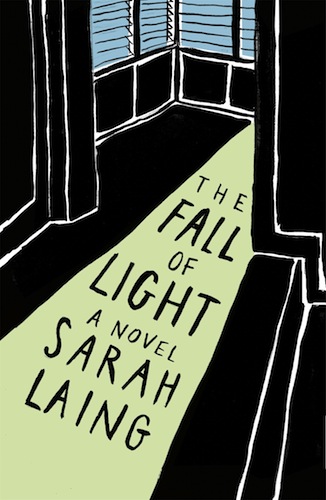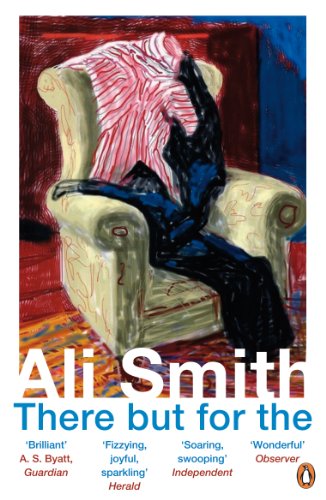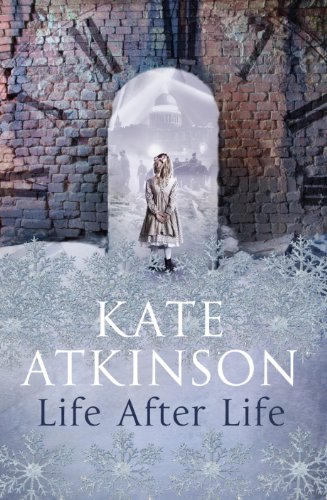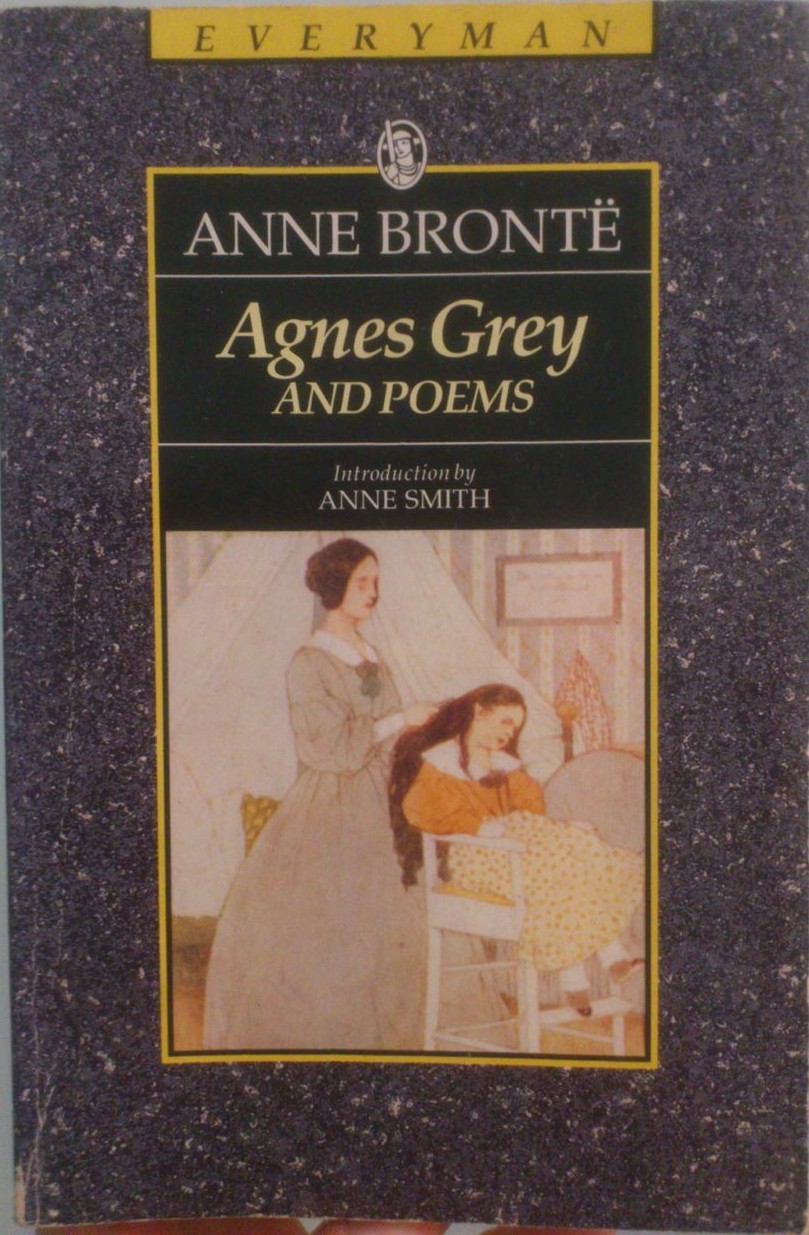 This short novel is neat and satisfying. It’s the story of a girl who decides to become a governess; Agnes is positively saintly, but with a quite amusing wryness in her descriptions of the people she meets. She certainly doesn’t make governessing sound like much fun; doubly so since Brontë based the story partly on her own experiences.
This short novel is neat and satisfying. It’s the story of a girl who decides to become a governess; Agnes is positively saintly, but with a quite amusing wryness in her descriptions of the people she meets. She certainly doesn’t make governessing sound like much fun; doubly so since Brontë based the story partly on her own experiences.
Inevitably, there is a romantic interest. He seems quite unpromising when first introduced, though I identified him immediately as The One; it’s that kind of story. Later, when she describes his appearance, the words are an exact — exact! — description of Colin Firth as Mr Darcy.
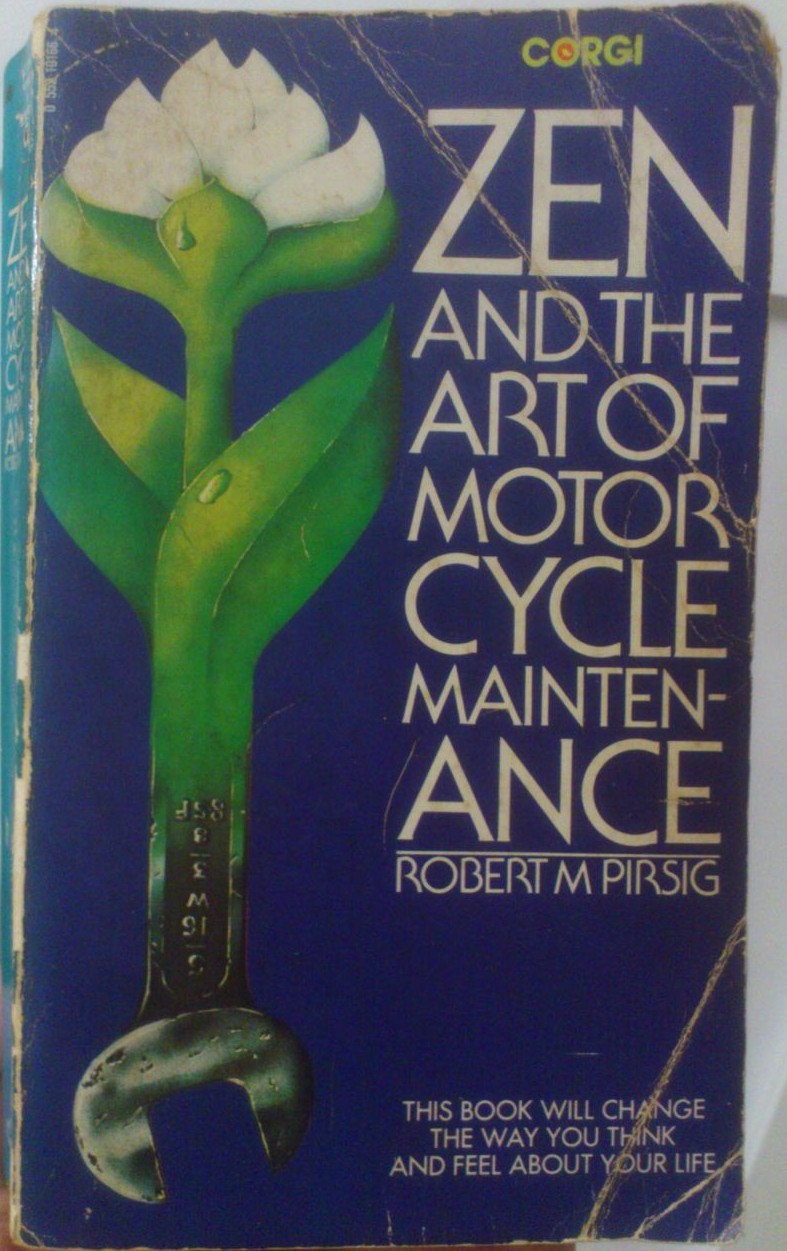 A man is on a motorcycle road trip with his son and a couple of friends. As they travel through roads and towns across the USA, he pontificates about life, philosophy, and yes, motorcycle maintenance. He doesn’t say a lot about Zen, actually, but what he does say fits in well with the rest of his ideas. He’s trying to develop a train of thought that he thinks might be able to solve the malaise affecting the affluent West in these decadent times.
A man is on a motorcycle road trip with his son and a couple of friends. As they travel through roads and towns across the USA, he pontificates about life, philosophy, and yes, motorcycle maintenance. He doesn’t say a lot about Zen, actually, but what he does say fits in well with the rest of his ideas. He’s trying to develop a train of thought that he thinks might be able to solve the malaise affecting the affluent West in these decadent times.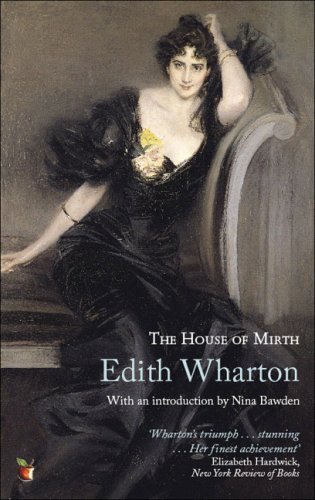
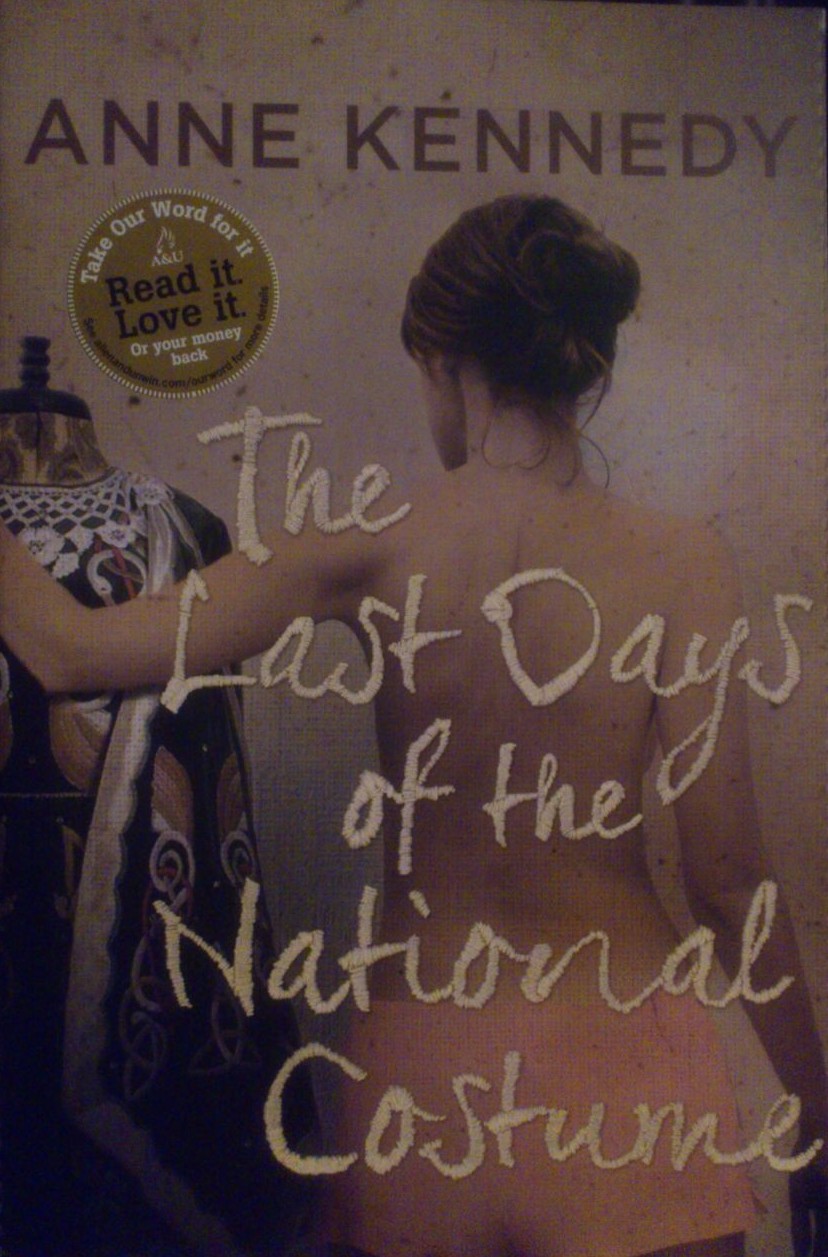 Anne Kennedy’s book starts out as a fussy woman’s internal monologue, before expanding to take in a pivotal series of events in her otherwise quiet life. It also will make me think twice before taking clothing in to be repaired.
Anne Kennedy’s book starts out as a fussy woman’s internal monologue, before expanding to take in a pivotal series of events in her otherwise quiet life. It also will make me think twice before taking clothing in to be repaired.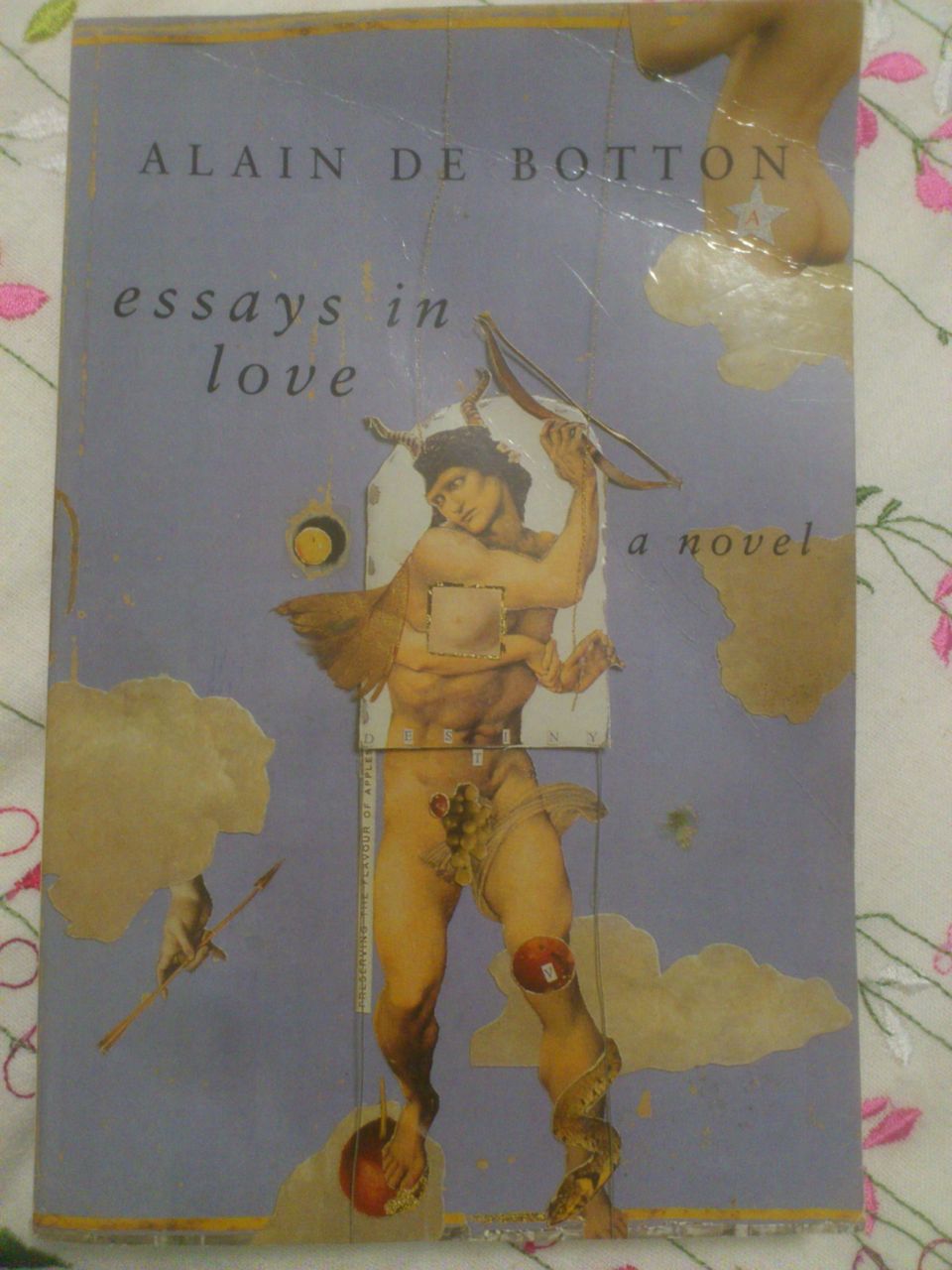 This is a love affair narrated in almost excruciating detail by a man who thinks too much, or at least a lot more than most. As he tells the story of going about his life, meeting a woman and becoming a couple, he digresses onto diverse topics, related and unrelated. There is a lot of wisdom and understanding in what he says, and the story seems quite realistic and all too believable. It’s fun to read, in the way that all de Botton’s books are.
This is a love affair narrated in almost excruciating detail by a man who thinks too much, or at least a lot more than most. As he tells the story of going about his life, meeting a woman and becoming a couple, he digresses onto diverse topics, related and unrelated. There is a lot of wisdom and understanding in what he says, and the story seems quite realistic and all too believable. It’s fun to read, in the way that all de Botton’s books are.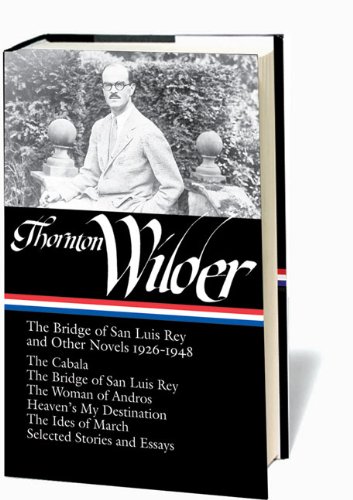 This short book is beautifully written, and packed with quiet humour and understanding. There are so many beautiful, insightful passages, but I will just quote a few. Here’s the Marquesa de Montemayor reading a letter from her daughter:
This short book is beautifully written, and packed with quiet humour and understanding. There are so many beautiful, insightful passages, but I will just quote a few. Here’s the Marquesa de Montemayor reading a letter from her daughter:
